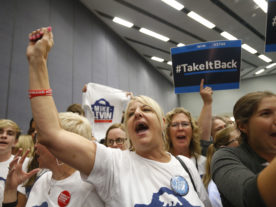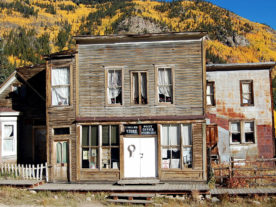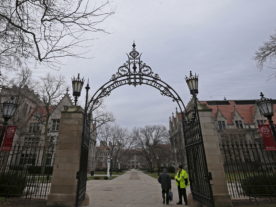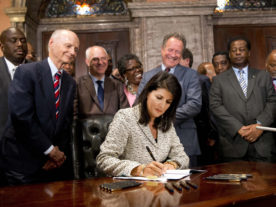The American economy is humming along, but many Americans continue to worry about how they’ll pay for their retirement.
Nearly half (46 percent) said they “won’t be financially comfortable when they retire,” according to a Gallup poll.
These numbers are somewhat better than when the same question was asked immediately following the Great Recession of 2008, but they remain elevated from 2002-2004, when 32 percent and 36 percent, respectively, said they would not have a financially comfortable retirement.
Perhaps even more telling is that concerns about having enough money for retirement have superseded those about not having money to cover a medical emergency as the top financial worry.
Retirement will continue to be a pressing issue as more and more baby boomers leave the job market. According to statistics website FiveThirtyEight, almost 25 percent of all Americans were born between 1946 and 1964, the years typically used to define the baby boomer generation. That is more than 75 million people.
Furthermore, as they retire, it will leave fewer workers to support future retirees.
Another pressure on retirement is increased longevity. According to the U.S. Government, the average American will live 20 years after retirement.
Americans tend to save for retirement through several methods, including employer backed retirement plans, savings and investments, as well as Social Security.

Gallup’s findings echo a 2012 Pew Research Center study that found 38 percent of American adults said they were “not too” or “not at all” confident they will have enough money for retirement.
Those Americans who already have retired are considerably more optimistic, Gallup found, saying that between 2005 and 2018, between 72 percent and 79 percent of retirees reported having enough money to live comfortably.
Gallup said there are several reasons for the disparity.
“Current retirees may be more likely to have pensions than those still working; may have saved more in their early years; and are likely to be enjoying Social Security benefits that have been essentially unchanged for decades,” the polling company said in a news release.”
“Once Americans retire, they may also learn to be frugal and get by comfortably on less than they thought would be required. For their part, nonretirees may be estimating that the Social Security system will have its own financial problems going forward; may worry because they have no personal pensions; may be pessimistic about the nation’s economic future; and are subject to a consistent message from financial experts that Americans are not saving enough.”
A 2016 poll found that 66 million Americans have zero savings to cover an emergency.
Gallup reported that those who feel the least confident about their retirement are those making $30,000 or less per year. More than half (54 percent) of those making $30,000 or less say they won’t have enough money for a comfortable retirement.
A large majority of those making more than $75,000 per year feel positive about retirement, while 80 percent of those making between $30,000 and $75,000 felt good about retirement savings.
























